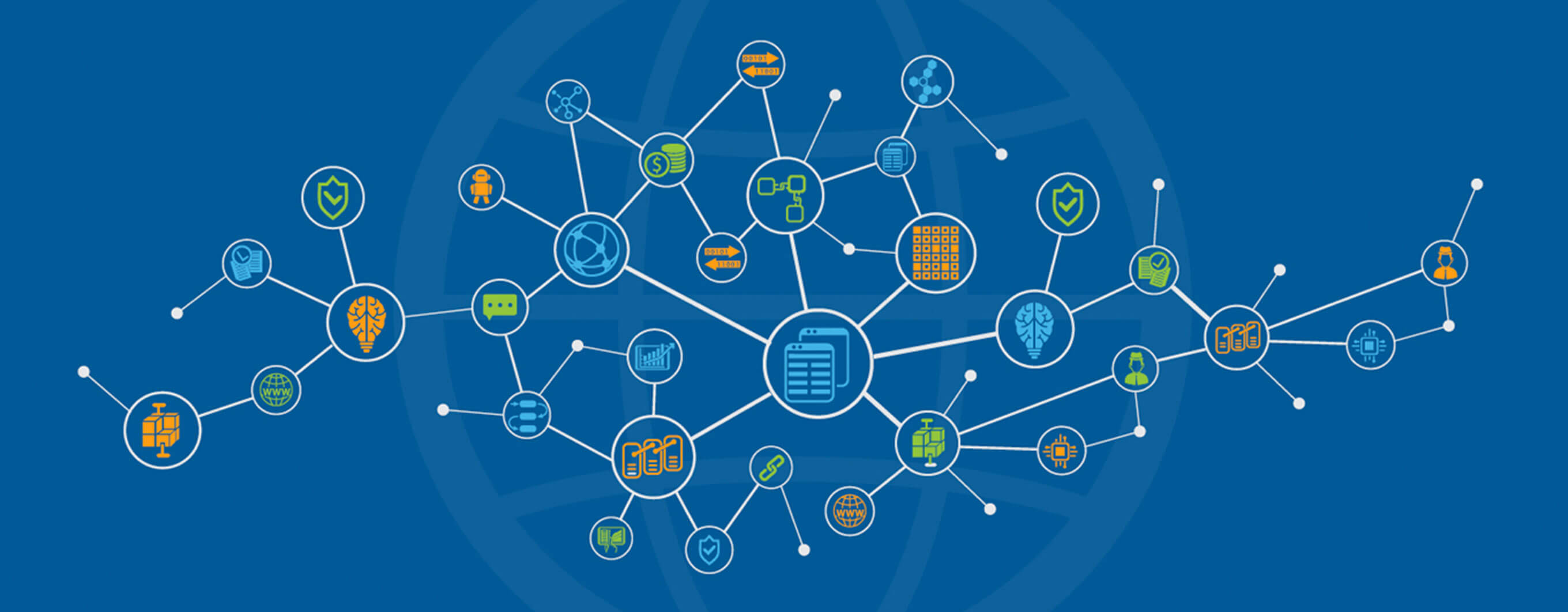Blockchain interfaces that match users’ needs

Rung András’s presentation at “Ebanking Summit” conference.
Find below the excerpt of the presentation.
You can download the presentation here.
FEAR OF THE UNKOWN
- Unclear benefits
- Non-matching mental models
- Terrible UX
WHAT ARE MENTAL MODELS?
- Relatively precise mental image of our regular activities
- Defines how we interact with known processes or with something similar to them
- Formed by our earlier experiences
- Typical financial activities also based on mental models
- Swipe bankcard
- Send money
- Take out money from ATM
MENTAL MODEL FOR CRYPTOCURRENCIES?
- No proper model
- Reality is too complicated
- No real rutine (e.g torrenting 10 years ago)
- Far removed from our financial habits
- Teenagers will have earlier mental model for cryptocurrencies than for standard banking
SIMILARITIES TO REAL MONEY
- Can be transferred
- Can be exchanged
- Represents value
- Bankers are the miners
HOW CRYPTOCURRENCIES DIFFER?
- Starts with a lot of 0s
- Addresses cannot be spoken or memorised
- Mistakes are easy to make
- Sending fees are changing
- Inheritance is complicated
ONBOARDING
- Education is needed due to radical innovation
- Differences should be emphasised
- Progressing in steps
- Active guidance: hints, tooltips
- All secenarios should be covered
COMMUNICATION
- Be clear and current
- Explain the next steps
- Help users understand the current stage
- Humanise the conversation: Telex AI chatbot / voicebot
TRUST
- Trustable design (Desirability test)
- Predictable
- Consistent
- Data exposure
GIVING FEEDBACK AND ERROR HANDLING
- Explain the result of the last steps
- Pay special attention to irreversible actions
- Show how cryptocurrencies differ from fiat moneys
CRYPTOKITTIES THE UX SUCCESS
- Reliable, modern frontend
- Transparent, easy-to-understand communication
- Established UX patterns
- Built-in gamification
- Plays with the notion of scarcity and uniqueness
ISSUES TO CONSIDER WHEN DESIGNING BLOCKCHAIN INTERFACES
- There is no easily applicable mental model
- The users try to get a grasp of reality
- Bad experience prevents adaption
- Reliable research for better understanding
- Education and active guidance
recommended
articles
Find out more about the topic



Share your opinion with us